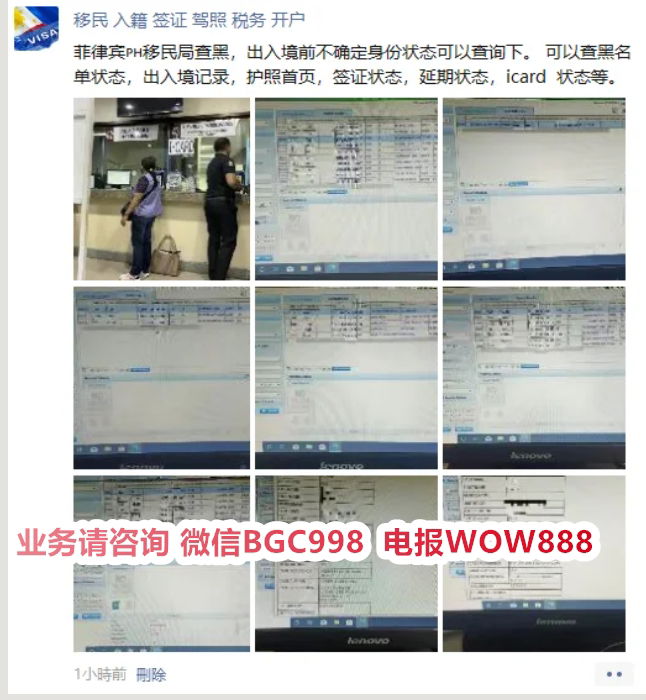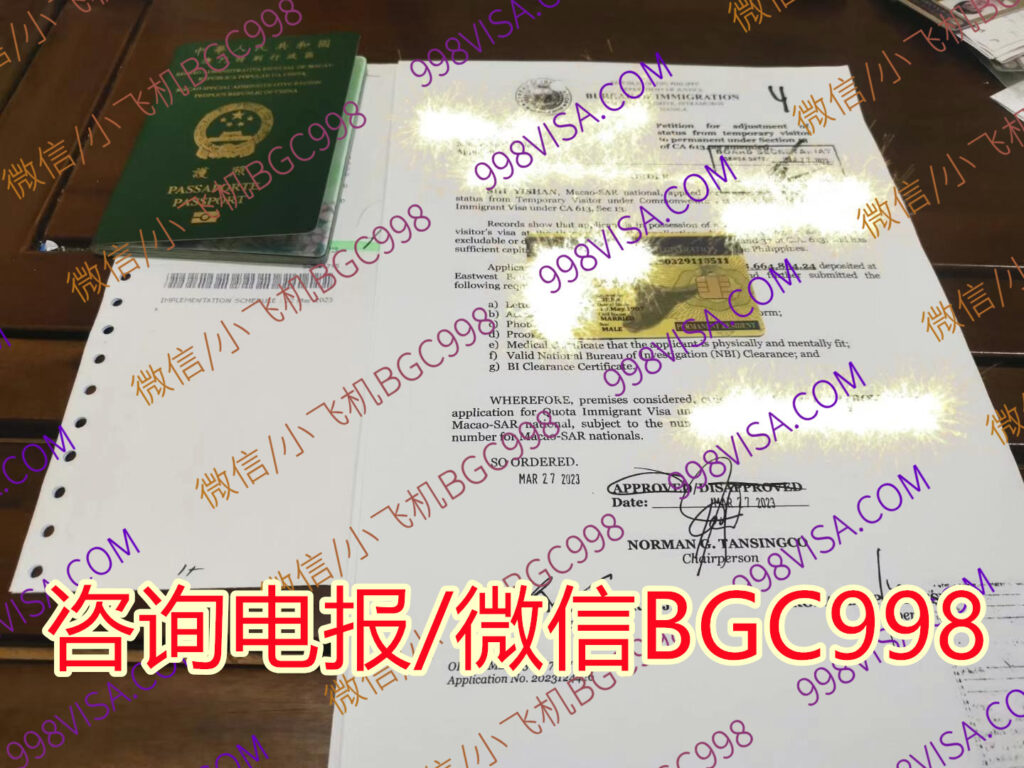Is it possible to convert a probationary Philippines marriage visa (13A) directly into a permanent visa without waiting one year?

What are the main advantages of holding a Philippines marriage visa (13A) compared to renewing a tourist visa?
The Philippines marriage visa (13A) offers significant advantages over repeatedly extending a tourist visa. While a tourist visa requires constant renewals, usually every one to two months, a 13A visa grants permanent residency status once upgraded from probationary. This removes the stress of constant immigration visits, paperwork, and renewal costs. Holders of the 13A visa also enjoy the right to work or engage in business legally in the Philippines, whereas tourist visas strictly prohibit employment. Furthermore, a 13A visa provides security and stability for foreign spouses, ensuring they can stay with their Filipino partners indefinitely without fear of overstaying. Dependents, such as children, can also be included under the 13A framework, giving families peace of mind. By comparison, tourist visas are temporary and do not allow long-term settlement. For couples intending to build a permanent life together in the Philippines, the 13A marriage visa is clearly the more practical and beneficial option.
Can a foreign spouse holding a Philippines marriage visa (13A) buy property in the country?
Foreigners are generally restricted from owning land in the Philippines, regardless of whether they hold a Philippines marriage visa (13A). However, there are some legal avenues available. A 13A visa holder can legally purchase a condominium unit, provided that foreign ownership within the building does not exceed 40%. In cases where land ownership is desired, it must be registered under the Filipino spouse’s name, as only Filipino citizens may legally own land. Some couples also explore long-term lease arrangements, which allow the foreign spouse to lease land for up to 50 years, renewable for another 25 years. Although the 13A visa itself does not grant additional property ownership rights, it provides stability for long-term residence and makes financial investments more secure. Many couples choose to register property under the Filipino spouse’s name while the foreign partner contributes financially, relying on the security provided by the long-term residency under the marriage visa.
Is it possible to convert a probationary Philippines marriage visa (13A) directly into a permanent visa without waiting one year?
In most cases, the Philippines marriage visa (13A) process requires a one-year probationary period before the applicant is eligible to apply for permanent residency. This probationary stage acts as a safeguard for immigration authorities to assess the authenticity of the marriage and the compliance of the foreign spouse. However, there are a few exceptional cases where the one-year probation may be waived, particularly if the couple has been married for many years and has children, or if strong humanitarian reasons exist. These cases are handled on a discretionary basis by the Bureau of Immigration. Nevertheless, the standard process remains the one-year probationary visa followed by an application for permanent residency. Applicants are advised to prepare for the probationary period as the normal pathway. Attempting to skip this step without a valid exemption is unlikely to succeed. The Philippines marriage visa system prioritizes due diligence to ensure genuine and lasting relationships.

Can a Philippines marriage visa (13A) holder apply for loans or open bank accounts in the Philippines?
Yes, one of the practical benefits of having a Philippines marriage visa (13A) is the ability to access more financial services compared to those on short-term visas. Many banks in the Philippines require proof of long-term residency before allowing foreigners to open accounts or apply for loans. With a 13A visa, foreigners can present their Alien Certificate of Registration (ACR I-Card) and residency documents as proof of legal stay. This allows them to open savings or checking accounts, apply for credit cards, and even qualify for certain types of loans, such as car loans or housing loans, though land ownership restrictions still apply. The Philippines marriage visa also provides additional stability for joint financial planning with the Filipino spouse. While not all banks have the same policies, permanent residency under the 13A category significantly increases access to financial services compared to temporary stay visas.
Does the Philippines marriage visa (13A) expire, or is it truly permanent?
The permanent Philippines marriage visa (13A) does not expire in the traditional sense, but holders are still subject to ongoing compliance requirements. Once granted permanent residency, the foreign spouse can stay in the Philippines indefinitely without the need for regular renewals. However, annual reporting to the Bureau of Immigration is mandatory, where the visa holder must confirm continued residence status and update records. Additionally, the marriage must remain valid—if the marriage is annulled or if the Filipino spouse passes away, the visa may be subject to cancellation unless exceptions apply. Therefore, while the visa is considered permanent, it is conditional upon the applicant maintaining both legal residency and the marital relationship. For couples with stable, long-term marriages, the 13A visa effectively functions as a lifelong residency permit, giving foreigners the peace of mind that they can reside in the Philippines without further visa concerns.

What obligations does a foreign spouse have after receiving a Philippines marriage visa (13A)?
Receiving a Philippines marriage visa (13A) comes with certain responsibilities that go beyond the initial application. First, the foreign spouse must comply with the annual report requirement, personally appearing at the Bureau of Immigration during the first 60 days of each calendar year. Second, the foreigner must keep all records updated, such as changes in address, marital status, or passport details, by informing the immigration office promptly. Third, the foreign spouse must maintain lawful behavior and avoid any criminal activities, as violations of Philippine law can lead to visa revocation. Financially, the foreigner must continue to demonstrate the ability to support themselves and their family. Additionally, in the event of annulment, separation, or death of the Filipino spouse, the visa holder must notify the Bureau of Immigration immediately to avoid penalties. These obligations are designed to ensure the integrity of the Philippines marriage visa system and maintain public order.

What happens if the Philippines marriage visa (13A) application is denied?
If a Philippines marriage visa (13A) application is denied, the applicant is usually given a written explanation from the Bureau of Immigration detailing the reason for rejection. Common causes include incomplete documentation, inconsistencies in submitted evidence, lack of proof of financial capacity, or doubts about the authenticity of the marriage. In such cases, applicants may appeal the decision or reapply after addressing the deficiencies. An appeal must be filed within the time frame specified in the denial notice, and it requires additional supporting evidence to strengthen the case. Reapplication, on the other hand, involves submitting corrected or additional documents. Having legal assistance or professional guidance during this stage can significantly improve the chances of success. While denial is discouraging, it is not necessarily permanent, and many applicants succeed on their second attempt once the issues are resolved. The Philippines marriage visa system allows flexibility, provided the applicant demonstrates transparency, authenticity, and compliance. ★
针对以上话题您是否想了解更多?欢迎联系我们咨询
English/Tagalog Inquiries :
WeChat : dpylanayon
Telegram : @Diadem_Pearl
EMAIL: dplanayon.royalewonders@gmail.com
VIBER:+ 63 939 526 6731 / +63 9176523432
WhatsApp / PHONE:+639176523432
中文咨询
微 信:BGC998 电报@ BGC998 或 微信:VBW333 电报@VBW777
菲律宾998VISA是菲律宾MAKATI 实体注册公司,在菲律宾已经有超过19年服务经验,客户隐私安全保护服务可靠,业务提交可以安排工作人员上门取件或前往我们办公室提交。菲律宾政策时常变化,且信息发布有时间差,有需要相关业务最新资讯欢迎联系我们。
欢迎关注我们的电报TELEGRAM频道
998官方资讯频道 @FLBYM998
日常案例分享频道 @FLBYM998CASE